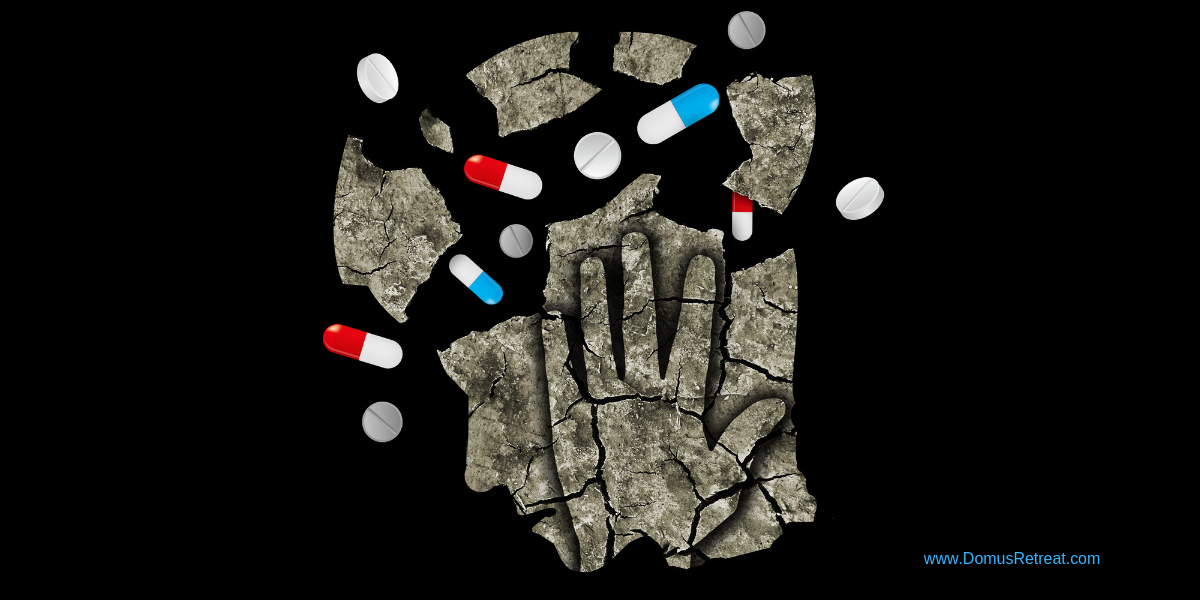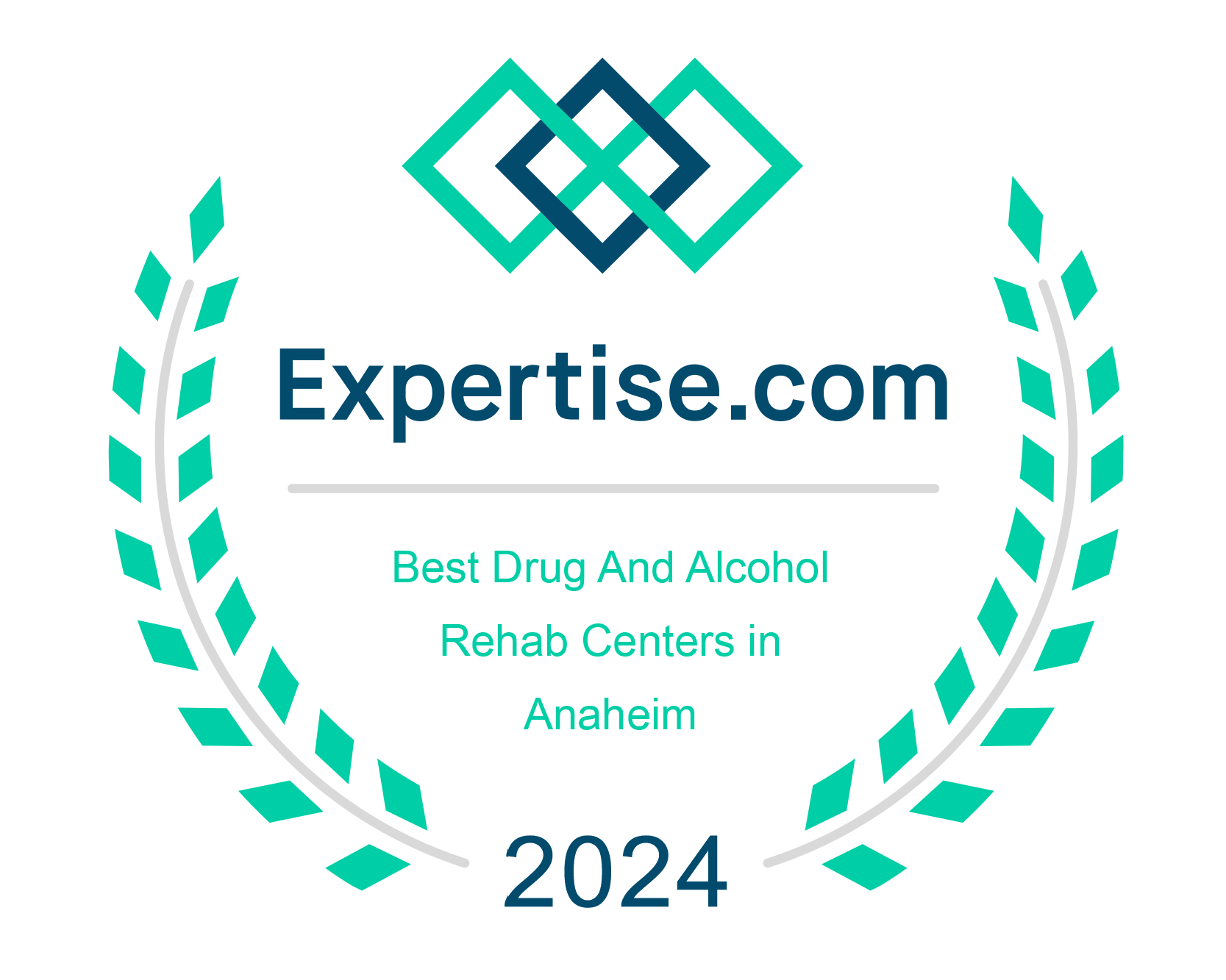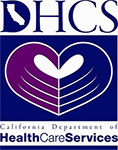Doctors typically prescribe opioid medication for patients to relieve pain after surgery or from an injury. While these drugs are beneficial as pain relievers, when taken repeatedly, they can lead to severe health issues and emotional harm. Below we focus on the connections between Opioid Use Disorder and Depression.
People who suffer from mental health conditions, such as anxiety and depression, are much more likely to need higher doses of opioid prescriptions to treat pain. They are often hypersensitive to discomfort and distress, and opioid drugs minimize both of those symptoms. Unfortunately, the continuous intake of these drugs lead to tolerance, dependence and ultimately addiction.
Mental Health Issues and Opioids
The use of opioids is widespread throughout the country, but predominantly in people with pre- existing mental health conditions. Studies show that around 16 percent of people in the United States have some form of mental health disorder, yet they receive over 50% of all opioid prescriptions in the country.
Although studies show that people with mood and anxiety conditions are twice as likely to use opioids daily and three times as likely to abuse it, a reverse situation also exists. Evidence suggests that opioid use disorder can significantly contribute to the development of mental health problems.
Depression Effects Due to Opioid Use
People abusing opioids may also face the additional effects of depression. In a study from St. Louis University in 2016, researchers found that 10% of 100,000 patients prescribed opioids for issues such as back pain, headaches, arthritis developed depression after using the medications for just over a month. These patients have never received a diagnosis of depression before the opioid treatment. Another conclusion was that the longer the patient is taking opioids, the higher the risk of developing depressive disorders.
Some of the links found between mental health and opioid dependence are:
- Higher sensitivity to pain is a common symptom for those suffering from mental health disorders.
- Sometimes people with depression and other mental health cannot differentiate emotional and physiological distress, which leads to self-medicating with opioid drugs.
- Early trauma, such as physical or mental abuse can reshape the brain’s response to pain.
Neuroscientist Amy Arnsten, a professor of neuroscience and psychology at Yale School of Medicine proves that higher circuits at the prefrontal cortex regulate whether and how much individuals feel pain. These higher brain circuits can weaken and even atrophy when there is chronic stress, especially when we feel uncontrolled or frightened.
Regardless if the opioid drugs are being effective or not in relieving pain, they still can lead to tolerance, physical dependence, and addiction. Dependence means you need the medication to function without going into withdrawal. Addiction is when a person continues to use the opioid drug, regardless of its harmful effects.
Every day in the United States, more than 130 people die from opioid overdoses. Just as in 2017, more than 47,000 Americans died from a drug overdose, and reports are showing a grim future.
Avoiding Opioid Dependence
If you suffer from depression, anxiety, or any other mental health issues, here are some ideas to help avoid opioid dependence.
- Educate yourself on your mental health condition and possible symptoms.
- Let your pain management doctor know about your diagnosis and any prescriptions you are currently taking.
- Avoid using opioids to reduce emotional distress.
- See a psychiatrist, therapist, or another mental health professional and find the therapy that best works for you.
- Follow precise directions. Use only the amount of opiates your doctor prescribes. Remember, staying on these drugs for more than two weeks raises the risks of becoming dependent.
- Watch for signs of dependence, addiction, and depression.
Signs of Dependence can include:
- Taking opioids for longer or in more significant amounts than the prescription indicates.
- Unsuccessful attempts to stop or cut back your daily dose.
- Having withdrawal symptoms when you try to reduce or discontinue the dose.
- Uncontrollable cravings and inability to resist the use.
Signs of Addiction can include:
- Spending lots of time using, obtaining, or recovering from the effects of the drug.
- Intense and constant cravings to use the drug.
- Drug use negatively interferes with work, school, or home life.
- Continue drug use even though it causes problems with important relationships.
- Seeking more and more of the drug to create the desired effect.
Signs of Depression can include:
- Lack of interest in typical activities
- Changes in sleep patterns
- Feelings of guilt or despair
- Irritability and depressed mood
- Low energy
- Trouble concentrating
- Changes in appetite
- Suicidal thoughts
If you are suffering from mental health issues, talk to your doctor before starting pain management with opioids. Discuss possible risks and ask whether there are other pain relief options you are available. If you are taking opioids for pain and are feeling the symptoms of depression, discuss alternative pain management therapies with your doctor.
Finding the Best Treatment for Opioid Use Disorder and Depression
Effective treatment is available for both depression and opioid use disorder. While medical detoxification such as the Waismann Method® can comfortably and effectively reverse opioid dependence, antidepressants can do a great deal to reduce symptoms of depression. Furthermore, research shows that medication for pain management is frequently more effective when the patient is participating in counseling or other behavioral support.
When seeking treatment for opioid use disorder and depression, you first may need to find an effective rapid medical detox to overcome the withdrawal symptoms so you can be emotionally present for an adequate diagnose and participation in therapy. A good quality life with healing is possible, and your best chances for both are when you seek early treatment. Take the first step today and reach out for more information about medical detox so you can start moving towards a fuller and healthier life.



















